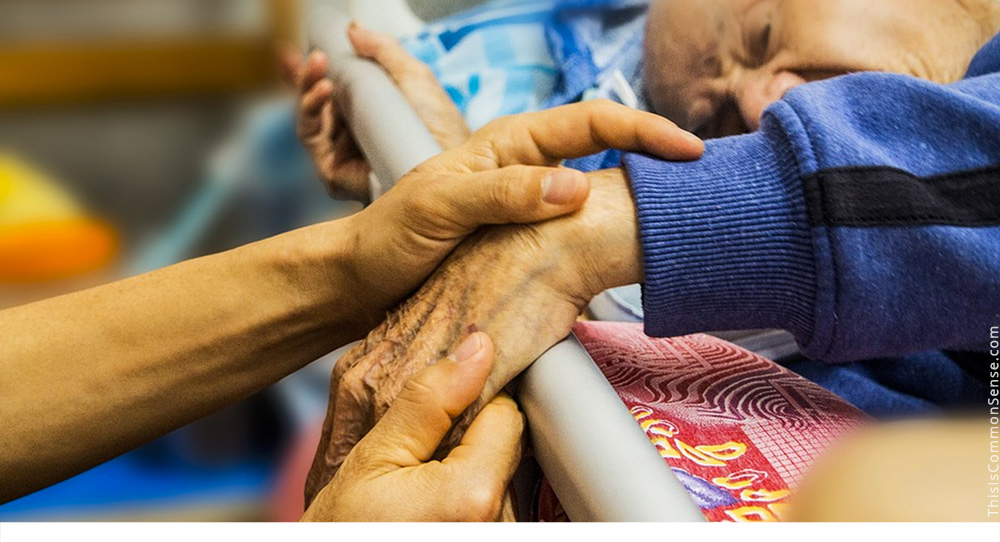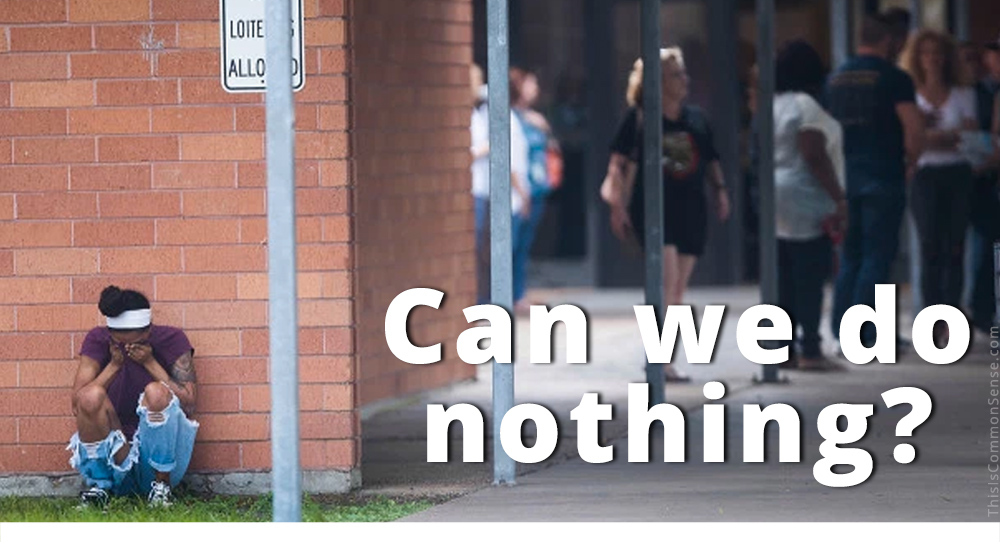Sometimes “if it bleeds, it leads” fails us. Only a few news outlets have given much attention to Nicaragua’s ongoing atrocities.
Weeks ago, mothers of some of the 76 people, mainly students, already killed protesting despot Daniel Ortega, were leading a march demanding justice . . . “when gunmen opened fire on the crowd.” The Washington Post report continued, “Witnesses have accused police and their civilian allies of initiating the violence that left as many as 18 people dead and more than 200 wounded.”
The June 2 headline summed up the last seven weeks: “At least 100 killed in Nicaragua as political violence intensifies.”
But time and tyranny march on. “Every day they’re killing more people,” an attorney with the Nicaraguan Center for Human Rights told the Post. Friday, the group updated the death toll to 137.
Then on Saturday, the English-language Today Nicaragua informed that a 60-year-old man was cut down by a government sniper in Masaya, the former Sandinista stronghold, which is “now under almost total rebel control.”
What can we do?
We can educate ourselves on what’s happening — and pester more news organizations to cover Nicaragua.
We can learn from the experiences in Cuba, in Venezuela, and now in Nicaragua, that leaders seeking awesome powers to remake society to supposedly benefit the poor are ultimately batting zero in helping the poor. Instead, they’re busy at the plate for themselves.
And we can add our voices to Amnesty International’s condemnation of what it calls “the systematic ‘shoot-to-kill’ policy of President Ortega’s government.”
When governments open fire on peaceful protesters, it is past time for those governments to go.
This is Common Sense. I’m Paul Jacob.











